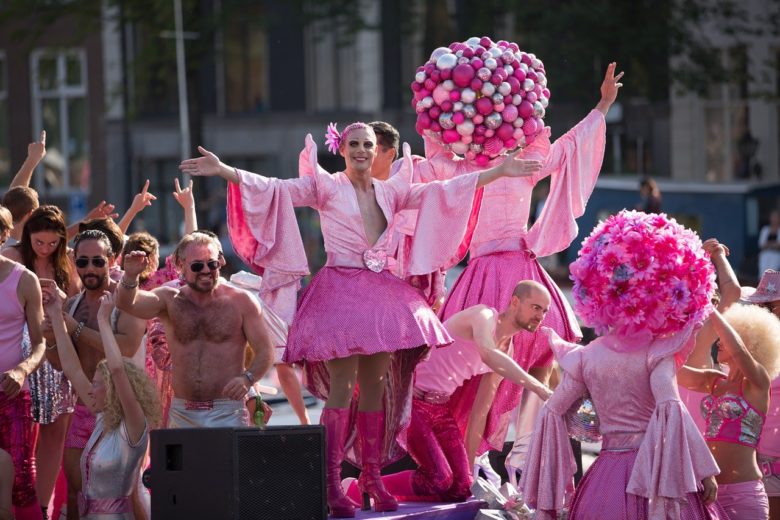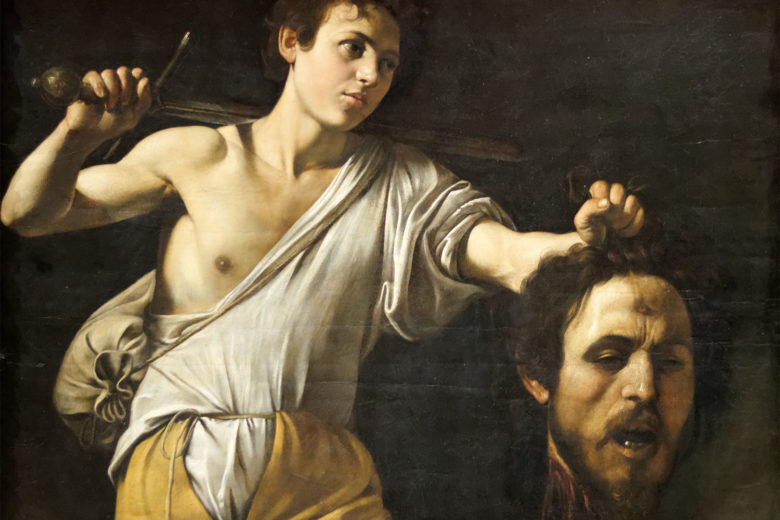Every year the LGBT community voices its requests through the Gay Pride parade, but what has been actually achieved after many years of struggle? Also, has the movement evolved, and, if so, in what direction? We talked about it with Giovanni Caloggero, president of Arcigay Catania, and with Emanuele Liotta, secretary of the Queers association.
June 19th 2018 is a day that will make history, even if right now hardly anyone knows why it’s so important. That day marked a great achievement in the fight for LGBT rights: the WHO (World Health Organization) removed transsexuality from the list of mental illnesses; future generations will probably look back and smile at such an absurd classification. We are not quite at that point, yet. «There is still a long road ahead of us – observes Giovanni Caloggero – the Cirinnà act has been, by and large, a disappointment: it grants some rights, but it still doesn’t go all the way. It’s of utmost importance that we rethink our strategies and our approach: we need to speak to society as a whole, to stop compartmentalizing and instead fighting on behalf of other groups like migrants or the unemployed». Emanuele Liotta is on the same page: «We need to start thinking in terms of intersectional struggle. That is to say that an LGBTQIA cannot focus on a particular minority anymore, it has to fight for the rights of all groups which diverge from the norm: a white, heterosexual male; that is why, for instance, our group joined the movement “Non una di meno” and we are fighting so that crimes with homophobic, transphobic and sexist undertones are more severely punished».
THE YOUNGER GENERATION AND THE FIGHT FOR EQUAL RIGHTS. The American psychologist Jean M. Twenge, in her book “IGen”, describes youngsters approach to equality: «Ranging from LGBT issues and gender to race they have come to expect equality and are often surprised, and even shocked, when they come across prejudices». According to Twenge, this stems from slacktivism (activism done behind the screen) which goes hand in hand with a reluctance to engage in more proactive forms of protest. Emanuele, who is himself part of the very same generation, believes Twenge views to be a gross generalization and to suffer from a bias against Millennials. «Most of the new associations are run by young people, one of the smartest individuals in Queers has just turned 18 for instance. The real issue is the chasm between the newer movements, heavily influenced by the queer theory, and old activism, which refuses any form of change. Activism doesn’t belong to any particular generation nor its tools are set in stone; virtual activism is a legitimate form of struggle which uses the internet just as newspapers, TV and radio were used back in the day».
The young generation should be, the backbone the society to come, the main beneficiary of an effort to raise awareness. This is the opinion of Arcigay president, who told us: «Our association addresses mainly youngsters. Every year, along with Cgil (a major union) and Rete degli studenti medi (Network of average students) we go camping for a few days; of course, sometimes these efforts don’t bear any fruit but, when they do, the roots grow deep. We also hold conferences in schools to talk about not just homophobia, but bullying, sexuality and prevention as well».
GAY-PRIDE AND PREJUDICE. «Every year, as soon as the Gay pride parade begins – remarks Caloggero – there is always someone demanding for us to wear suit and tie, to conform to a normative heterosexual stereotype, which we absolutely refuse to do. The “Pride” is an event whose history many still don’t know. It began on the 28th of June 1969 – he continues – when the police broke into the “Stonewall inn”, a gay bar in Greenwich Village. Legend has it that one Sylvia Rivera, a transsexual woman, was the first to oppose the officers by throwing a stiletto, or an empty bottle, at them». Emanuele is familiar with the story as well, but he feels compelled to point out that «These days the name “Gay pride” is frowned upon by most activists as they want to be associated with a larger cause; the preferred terminology is “Wave pride”. We have nothing to be ashamed of and so we wear makeup and feathers with great confidence. It’s funny how some people talk about decency only when it comes to the LGBT community while all the profanity they see on television doesn’t seem to bother them in the least».
«It’s not like Carnaval – continues Giovanni – we don’t wear masks, we take them off. I don’t believe we should make the headlines, maybe things like the Casamonicas being given airtime or the ordeal of the Acquarius should instead».
Translated into english by Francesco Raciti



